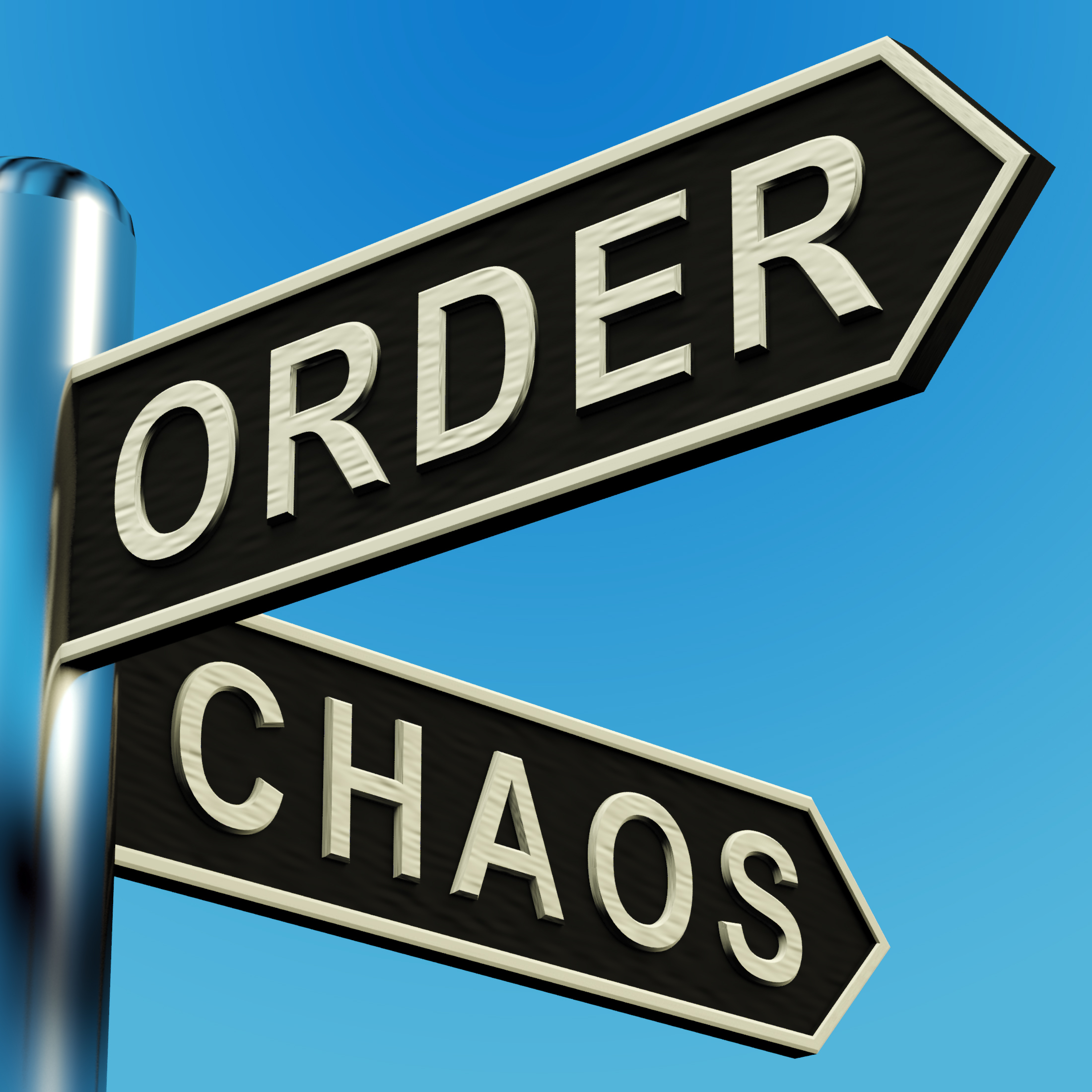At the tail end of hurricane season last year I found this amazing story of how one company has created a system so comprehensive that it is recognized by the Federal Government. The amazing thing is that this is no bank, institute of higher learning or government entity.
It’s the Waffle House.
For those of you unaware, Waffle House is a regional chain of 24 hour restaurants serving up inexpensive breakfast fare frequented by travelers, broke college students and loyal locals.
Located in mid-Atlantic states targeted by hurricanes, the Waffle House franchise has made an amazing system around recovering from these natural disasters. So much now that the Feds use the reopening of restaurants – or “Waffle House Index” – in an affected area as a metric of how badly an area was hit.
Even better, they call this plan a playbook, “its hurricane playbook explains how to reopen a restaurant and what to serve if there is gas but not electricity, or a generator but no ice.”
You can read the story in its entirety here but here are some of the brilliant aspects of this plan:
They employ a “crisis management team” which tracks and monitors hurricane activity! I love that they refuse to ignore potential problems but are proactive in creating a plan.
The mobile command center waits outside a disaster zone, ready to swoop in with supplies and essentials once the danger has passed. They dedicate resources to recovering as quickly as possible!
Limited menus are prepared well before a hurricane to cover every combination of resources available. I love that they take the time to think how they can serve in limited circumstances! Instead of telling a customer that their favorite food isn’t available due to the grill-only status, Waffle House limits options so they can say yes to every order.
The focus and design is to provide for the community in a time of need. Waffle House could easily reopen within hours with jacked up prices and many would pay while their heat and electricity are out at home. Instead they keep the same low prices, serve until it is too dangerous for the staff and over and again the community is grateful for some normalcy.
The best takeaway here is that it’s not just one manager in one location who figured this out but company wide to over 1,600 franchises. It’s likely that this idea or practice started small but management, seeing the potential, allowed it to take hold and grow so that the entire company is now known for their emergency preparedness, responsiveness and capability.
You may not have a physical location that’s in danger of being hit by a hurricane. But there are some predicable “emergencies” for online businesses. Have you thought about them? Prepared for them?

 Systems are the Answer to your Struggles
Systems are the Answer to your Struggles Never Train Your Employees Again
Never Train Your Employees Again Do you like money?
Do you like money?